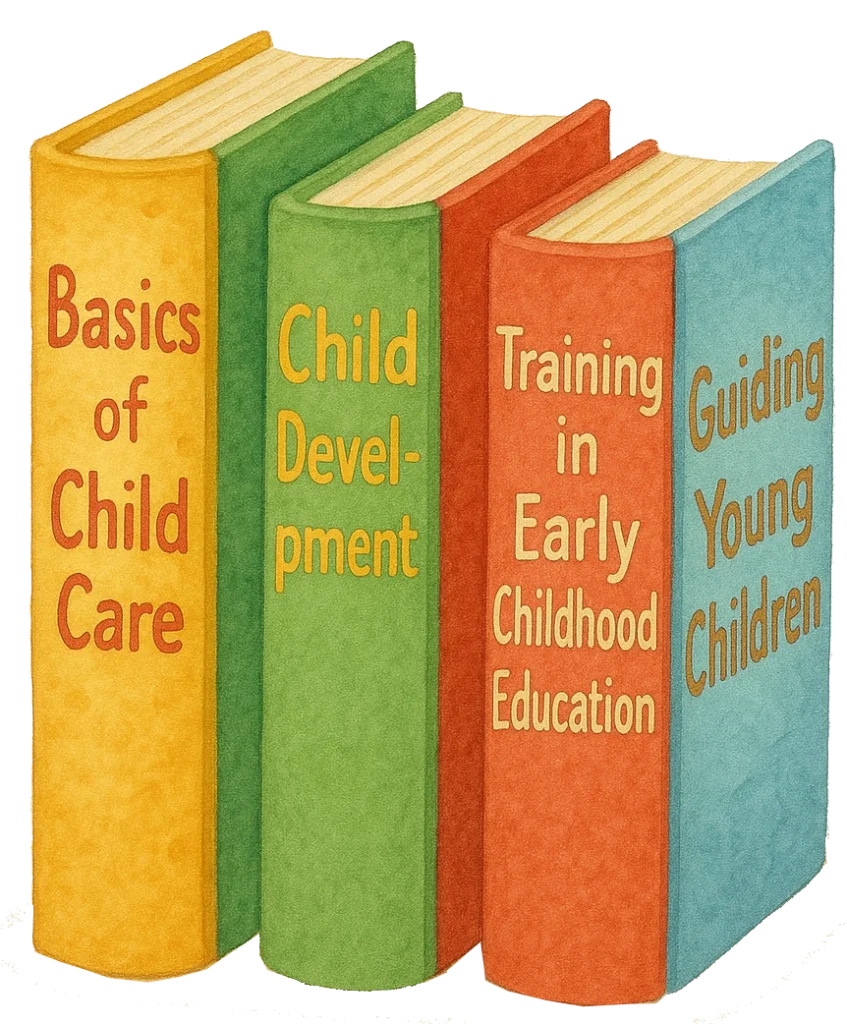
Strong Families
Create
Bright Futures
Positive Childhood Alliance envisions a state where every child and family thrives within safe, stable, and nurturing relationships and environments. We increase public awareness and support the implementation of evidence-based programs and practices aimed at preventing child abuse and neglect. Our mission includes providing impactful training, educating communities, and connecting families to essential resources to ensure all children have the opportunity to flourish.

Training Opportunities
Positive Childhood Alliance Georgia offers a variety of low- or no-cost trainings designed to help communities and family-serving organizations understand their vital role in preventing child abuse and neglect. Our training sessions equip participants with tools and knowledge to build safer, more supportive environments for children and families.
Available Trainings Include:
- Mandated Reporter
Understand your legal responsibilities and how to recognize and report suspected abuse. - Lean on Me: Creating a Culture of Support
Learn how to foster trust, connection, and emotional safety within your organization or community. - Protective Factors & Community Café
Explore the five protective factors and how community conversations can build resilience and strengthen families. - Healthy Outcomes from Positive Experiences (HOPE)
Discover the science behind positive childhood experiences and how they shape lifelong health and well-being.

Find Help in Georgia.
FindHelpGA.org contains thousands of supportive family-serving programs.
Help seekers can search for resources by entering in your zip code,
You can get help using an online chat.
You can also call to speak with a Find Help Specialist at:
1-800-244-5373
They are available from Monday to Friday, 8am to 6pm.
